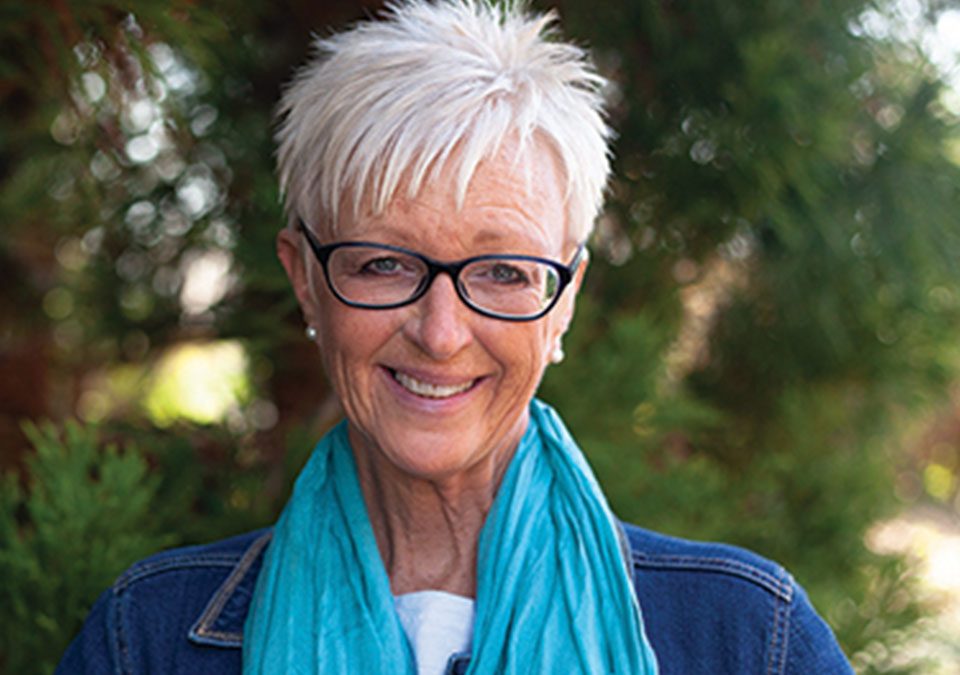
[This article was originally published in the Greenville Journal on Jan 3, 2019 ]
Last year in South Carolina, more than 4,500 children were in foster care due to abuse or neglect. Removed from familiar people and places, they experience real trauma. Constrained by a stressed system, even the most competent and well-intentioned advocates may feel uncertain how to give every child in foster care his or her best chance for a bright future.
In 2010, David White, a veteran of corporate and nonprofit ventures, proposed bringing an entrepreneurial approach to improving the lives of children in foster care. But he needed time to be certain the organization he envisioned—Fostering Great Ideas—would be robust, sufficient and needed across the child-welfare system. The Community Foundation provided critical support and guidance to give the fledgling nonprofit a chance to find its wings.
“Fostering Great Ideas began as a question of what is possible. It moved to hearing the voices of those who felt completely marginalized, and now provides solutions that change lives,” White said. “The Community Foundation graciously allowed us to incubate under their umbrella, and provided our pivotal first seed grant in 2011.”
Since its founding, the FGI team has grown to include White as full-time CEO and 15 part-time employees across two states. Several key programs provide services that directly affect children by helping to preserve relationships that matter to them: Sib-Link® helps maintain sibling bonds, Moms Matter® provides peer support for mothers of children in foster care, and Life Support® connects youth with dedicated mentors. FGI’s policy arm, Speak Up®, connects caring citizens to amplify the voices of children in foster care for legislative change.
Bob Morris, Community Foundation president, praised White’s vision and ability to draw on business experience to address complex social issues. He added that White’s knowledge and insight have made him an invaluable volunteer as a member of the Community Foundation’s Capacity Building Grants Review Committee.
“David is one of the few professionals who has been able to successfully transition from a corporate background into the nonprofit sector,” Morris said. “His passion for foster children and his persistence in pursuit of nontraditional supports has yielded outstanding results. In addition, his keen financial management leads to more opportunities to serve foster children and young adults across the Upstate.”
The Community Foundation has continued its support of FGI through annual giving from donor-advised funds and grants to support specific programs. In 2017, Greenville Women Giving, a special initiative of the Community Foundation, provided a grant for College Fellows®, an innovative program providing academic and emotional supports to remind students that foster care doesn’t define them, but educational success can.
White estimates that at least 250 children are significantly healthier today because of FGI interventions, and its systemwide improvements have touched thousands. Continued progress is attainable, because problem-solving is built into the organization’s structure, and feedback from all parties, including children and caregivers, is encouraged.
“Creative energy is never capped or stifled; it is allowed, encouraged, and funneled into solutions. We’re not afraid of the disruptive chaos of idea-making,” he said. “We accept the struggle of foster care reform, and respect all parties. We listen, and help caring people do what they have always wanted to do, in a cohesive, unified way,”
White’s optimism extends to organizations serving other sectors as well.
“Those interested in philanthropy can rest assured that there are many forward-looking organizations,” he said. “Stay with them through the process, analyze and begin to trust; when they’ve earned your respect, sponsor them.”
To learn more about the Community Foundation, visit cfgreenville.org. To learn more about Fostering Great Ideas, visit fgi4kids.org.



